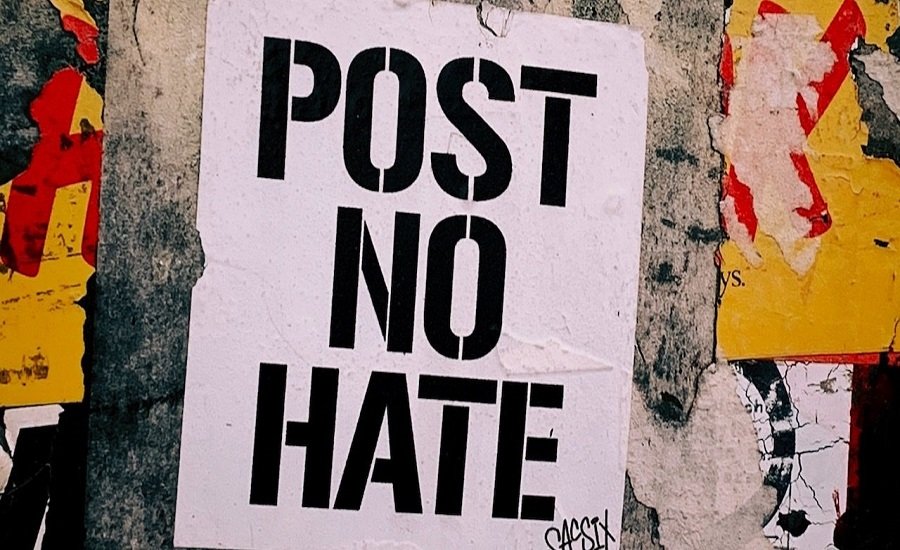
A F KIRMANI | Clarion India
IT wouldn’t be wrong to say that we live in truly extraordinary times. Thanks to social media, we witness, on a daily basis, events which, until just a few years ago were not just unimaginable but also unacceptable and unpalatable. Who could have, say five years ago, known the precise gory details of a lynching? How many of us could have known what a person looked like as he pleaded with his killers just moments before being killed in cold blood?
How many of us would have seen a man being tied behind a pickup truck and dragged to his death, except in a movie? Aren’t these experiences, even though just virtual, truly extraordinary?
They are.
And so is our collective reaction to them.
Cruelty and brutality no more induces the disgust that it is supposed to induce in the human psyche. No one feels unable to eat because they just saw a man being tied to a pole, a body hanging from a tree or a woman being raped. The little girls and boys who would spend the day upset and disturbed if they saw a dead kitten on their way to school are practically extinct now. This species has adapted almost perfectly to the new realities of its environment. The constant bombardment of the gruesome has dispensed with the awe, fear as well as the disgust that ought to be associated with inhuman acts.
It is thus that inhumanity has not just become normal and acceptable but among certain sections of the society desirable and rewardable too. Apart from the political incentives – the garlands, immunity from legal consequences and personal glorification, violence comes with the benefit of instant gratification too. It’s an effective and powerful expression of the frustration and pent-up rage that characteristically belongs to the unemployed and poorly employed masses. Needless to say that as the GDP goes down the frustration quotient goes up and is skillfully channelised by the communal forces. It is the communally and financially disadvantaged people then – the rickshaw-puller, the vegetable vendor, the poor tribal, the bangle seller and the beggar, who end up bearing the brunt of this collective failure.
With the national assets on sale, the GDP dismal, the inflation rocketing and a deeply divided society it’s a goldmine for groups that thrive on violence, who would in fact cease to exist if everyone decided to mind their own business and refused to get provoked against the ‘other’. If everyone had a job to do, who would have the time and inclination to thrash beggars on the roadside? They would probably drop a penny in their bowl and move on. But general discontent among the masses comes with a rich dividend for groups that would have it no other way.
If a hate monger like Pinki Choudhary gets a hero’s treatment as he surrenders to the police it is simply because his words and actions instill in his followers a sense of purpose that is otherwise completely missing from their lives. It is not to say that economic downturn is solely responsible for hate and violence but it does play a very significant role in propelling it. Unemployed masses are fuel for the fire of hate and violence while greedy and irresponsible media houses play their own very significant role in keeping the fire alive.
If we could have a bird’s eye view of time we would find ourselves rapidly going down a very steep and slippery slope, some of us as victims, others as perpetrators. One lynching, one hate speech, one video at a time our humanity is getting snatched away on a daily basis. Unfortunately, these stakeholders in the enterprise of inhumanity know their job too well and they look all set to stay.
__________
A F Kirmani is a Hyderabad-based writer. She tweets at @afkirmani

